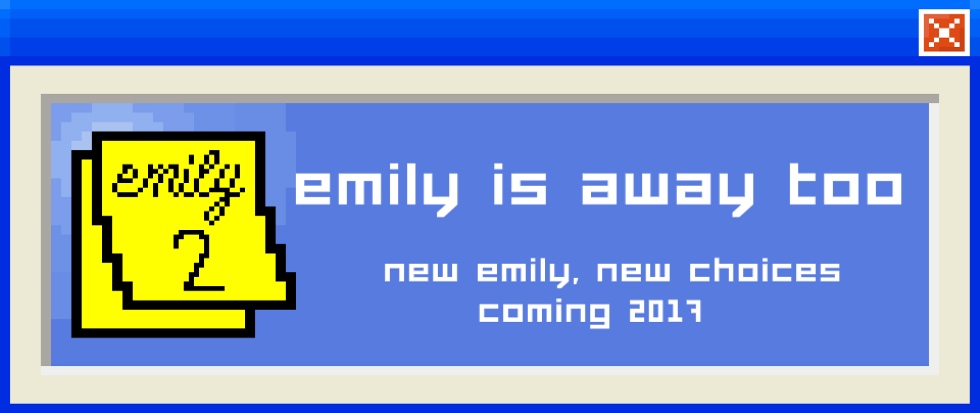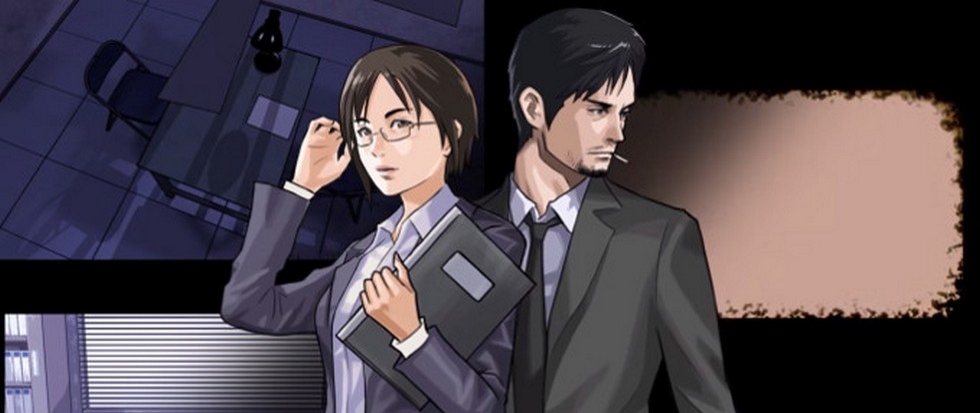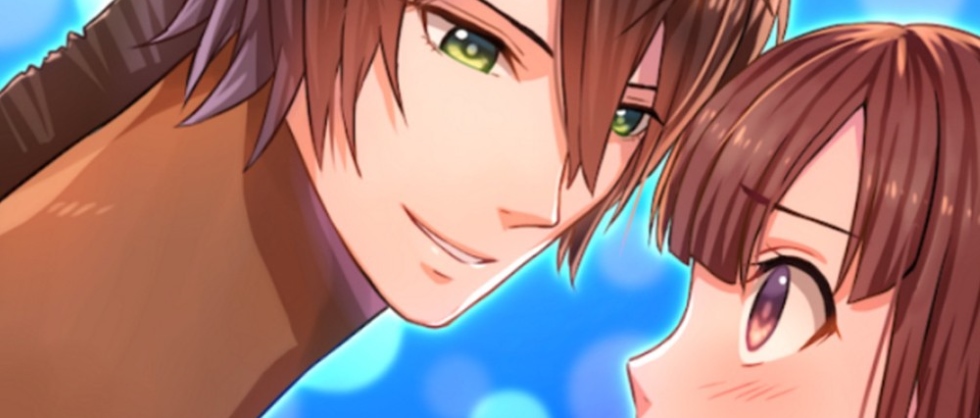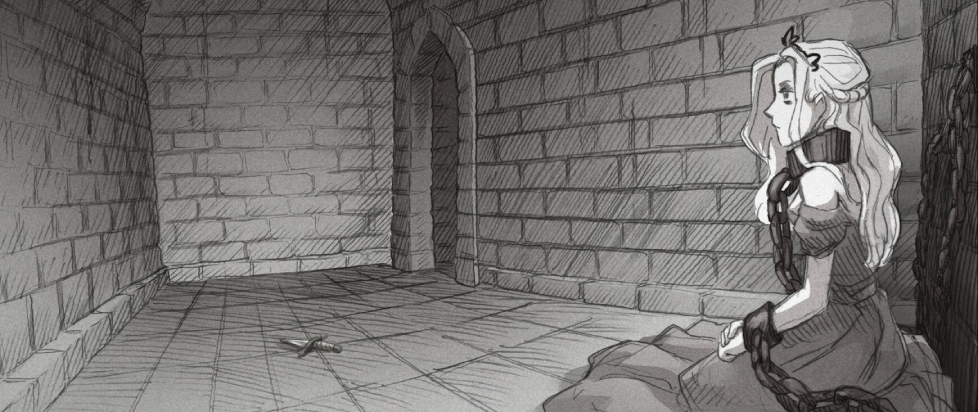
Slay the Princess Again and Again and Again
Slay the Princess is a wonderful indie game from Black Tabby Games about, mostly, how not to slay a princess. You can slay her, of course, and you will “win the game” this way but we all know that isn’t why you’re here. You are most likely here to save the princess from that dreaded narrator who is so desperate to kill this innocent young woman. All those years in Mario have taught you how to be a good videogame hero, so you already know the drill here. But maybe bring the knife just in case, eh?
In Slay the Princess, however, it never goes quite as you planned. The title is a horror visual novel. This means that the first playthrough is suitably terrifying because you have no idea what will happen. If, like me, you screamed and switched off Doki Doki Literature Club the moment it took a one-hundred-and-eighty degree turn and became hauntingly dreadful, you will be carefully considering each option, shaking with every mouse click. My first experience of Slay the Princess was an uncomfortable couple of hours of weighing up difficult decisions in a feeble attempt to convince this virtual character that I meant her no harm. I wanted to beat the game and get the “good” ending; sure, some horror along the way is fine but eventually Ripley must escape the Xenomorph, and Jaws needs to die after munching on a few people, but not everyone.
In a videogame with an unseen branching narrative this goal becomes stress inducing. Players want a narrative that changes according to their decisions, especially if those decisions are nuanced and difficult to make, but they don’t just want to get the ending where everyone dies, and it all goes horribly wrong because they said the wrong thing in hour sixteen of their playthrough. Slay the Princess is quick to fix this issue though, as it isn’t all too punishing, and it has a very short runtime. More importantly, however, most of the large game-ending decisions happen at the end, when you know enough information to choose what you would like to do. The main game takes place within five separate scenes, each starting back again in the woods, where the player is free to alter events through minuscule decisions inside that given scene. There is a larger narrative across the scenes, but it is only to tie them together and determine dialogue that happens in the ending. With this out of the way, I suddenly realized that I could stop overthinking my early decisions and simply experiment with an extremely fun simulation of interacting with an NPC.
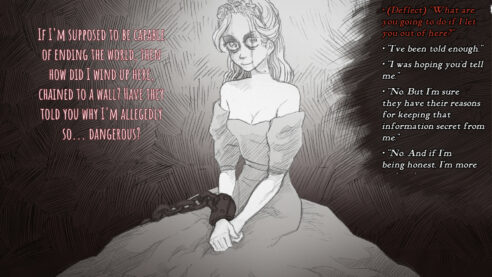
The game seems unfair at first, but slowly starts to show you its systems, patterns and paths in those originally unwelcoming woods. The horror no longer makes you as concerned because, should you die, and you will die in many grotesque ways, you will always return to that path ready to try again. This is why I am arguing for the act of not one, but multiple playthroughs for Slay the Princess to fully appreciate its clever design. That initial dread of edging deeper and deeper into uncomfortable territory is required for horror games, but the second playthrough is where choosing those options, once so desperately avoided, becomes actively encouraged.
I feel like horror experiences are always made to be conquered. Do I want to watch the gruesome deaths in a film such as Saw? Not particularly, but I won’t be beaten by the film either. The problem with most horror experiences is that once you have finished them, you have conquered them, and the products do not acknowledge that or care in any way. Slay the Princess’s predictable but still reactive branching narrative is different. Here you can boot up a new save knowing roughly what will happen and have a chance to show your mastery over the fear that you first came here with. What if I gave her the knife? What if I stay on the path? What if I don’t touch the knife at all? These are all choices you can make, safe in the knowledge that tomorrow you will once again be on a path in the woods.
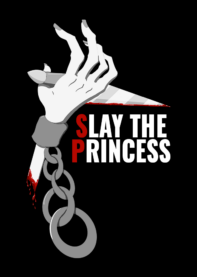
Original art by author Phil Hoare
Where other horror games, specifically those within the survival horror genre, reward mastery through getting better at managing resources or killing monsters, Slay the Princess rewards mastery of knowledge over the game’s narrative structure. Some players may find that they wish to play like an acting director, discovering different princess types as they calculate where best to slot them into a final playthrough for their own personal story. Other players will want to continue trying new approaches, eager to see what else the game has hidden away for only a select few to see.
Black Tabby Games’ visual novel caters to all these players delightfully, as it twists and mutates itself just enough to challenge them every time but not so much that they will feel uncomfortably out of depth with each run. Therefore, I recommend giving the game another shot with a whole new approach. Go out of your way to see what crazy choices you can make and witness just how joyfully the simulation reacts to you. You may find an entirely new horror lurks beneath the surface, but this time you came prepared. You were sure to pick up that knife, weren’t you?
———
Phil is a disabled games writer with a keen eye for unique, interesting game design. He loves to analyze videogames that can change or influence people through memorable experiences. Phil can often be found playing far too many indie titles, doodling or reading a classic murder mystery novel.


